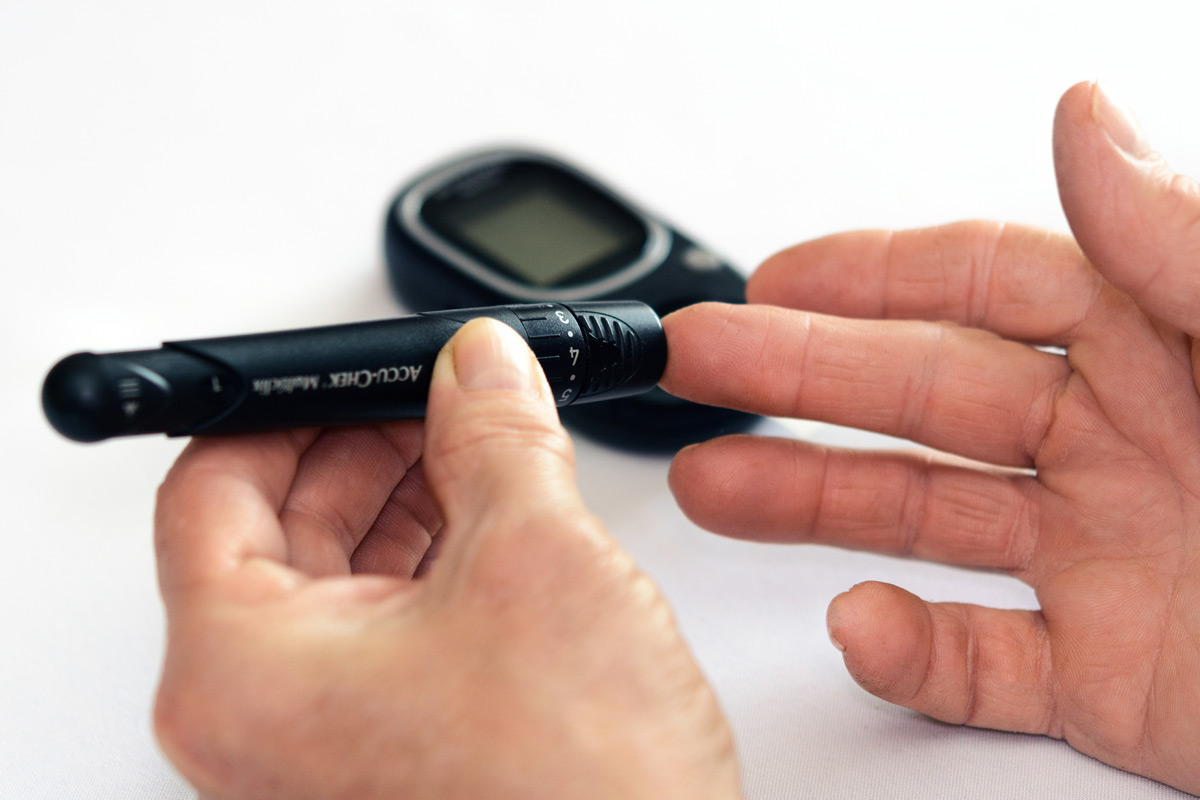Diabetes is a health condition we hear about often, and while it might sound complex, understanding it is the crucial first step to taking care of ourselves and living a healthy life.
To understand diabetes, let’s imagine your body is like a machine that needs fuel to run. That fuel is glucose (a type of sugar) that we get from food. For glucose to get into your cells and give them energy, it needs a special “key”: insulin. When you have diabetes, something happens with that key, and the glucose can’t get in properly, causing a lot of sugar to build up in your blood.
Over time, high blood sugar levels can lead to serious health problems. Diabetes is actually one of the leading causes of death and disability worldwide, affecting millions of people, according to the World Health Organization. That’s why knowing its signs and how to manage it is vital for our health and preventing complications.
Types of diabetes
There are several types of diabetes, each with its own characteristics:
- Type 1 diabetes: This occurs when your body’s immune system attacks and destroys the cells in the pancreas that produce insulin. People with type 1 diabetes need daily insulin injections.
- Gestational diabetes: This develops in some women during pregnancy and usually goes away after childbirth, though it increases the risk of developing type 2 diabetes later on.
- Type 2 diabetes: This is the most common type and will be our focus in this article. With type 2 diabetes, your body either doesn’t produce enough insulin or doesn’t use it effectively. Type 2 diabetes is often linked to factors like being overweight and physical inactivity.
Warning signs of type 2 diabetes
Type 2 diabetes can be silent at first, so it’s important to be aware of these potential signs. If you notice several, it’s crucial to consult your doctor:
- Excessive thirst and frequent urination.
- Constant hunger and unexplained weight loss.
- Extreme fatigue.
- Blurred vision.
- Sores that are slow to heal.
- Frequent infections, especially in gums or feet.
Managing type 2 diabetes (or reducing your risk of developing it) is based on simple yet powerful pillars:
- A healthy diet: Prioritize vegetables, fruits, whole grains, and lean proteins. Limit refined sugars and processed foods.
- Regular physical activity: Moving your body helps your cells use insulin more effectively. Aim for at least 30 minutes most days of the week.
- Maintain a healthy weight: Losing even a small amount of weight if you’re overweight can significantly improve blood sugar control.
- Medication and monitoring: Follow your doctor’s instructions for taking medications and monitoring your blood sugar levels.
- Regular doctor visits: These are essential for catching problems early, adjusting treatments, and keeping your health in check.
We’re here to care for you and guide you!
Understanding and managing diabetes is a journey you don’t have to walk alone. At Central Florida Total Healthcare, we’re committed to supporting you with clear information, professional guidance, and comprehensive care to help you live a full and active life.
If you have questions about diabetes, want to know if you’re at risk, or need a management plan, don’t hesitate to contact us. Schedule your appointment today at 407-392-1919.

